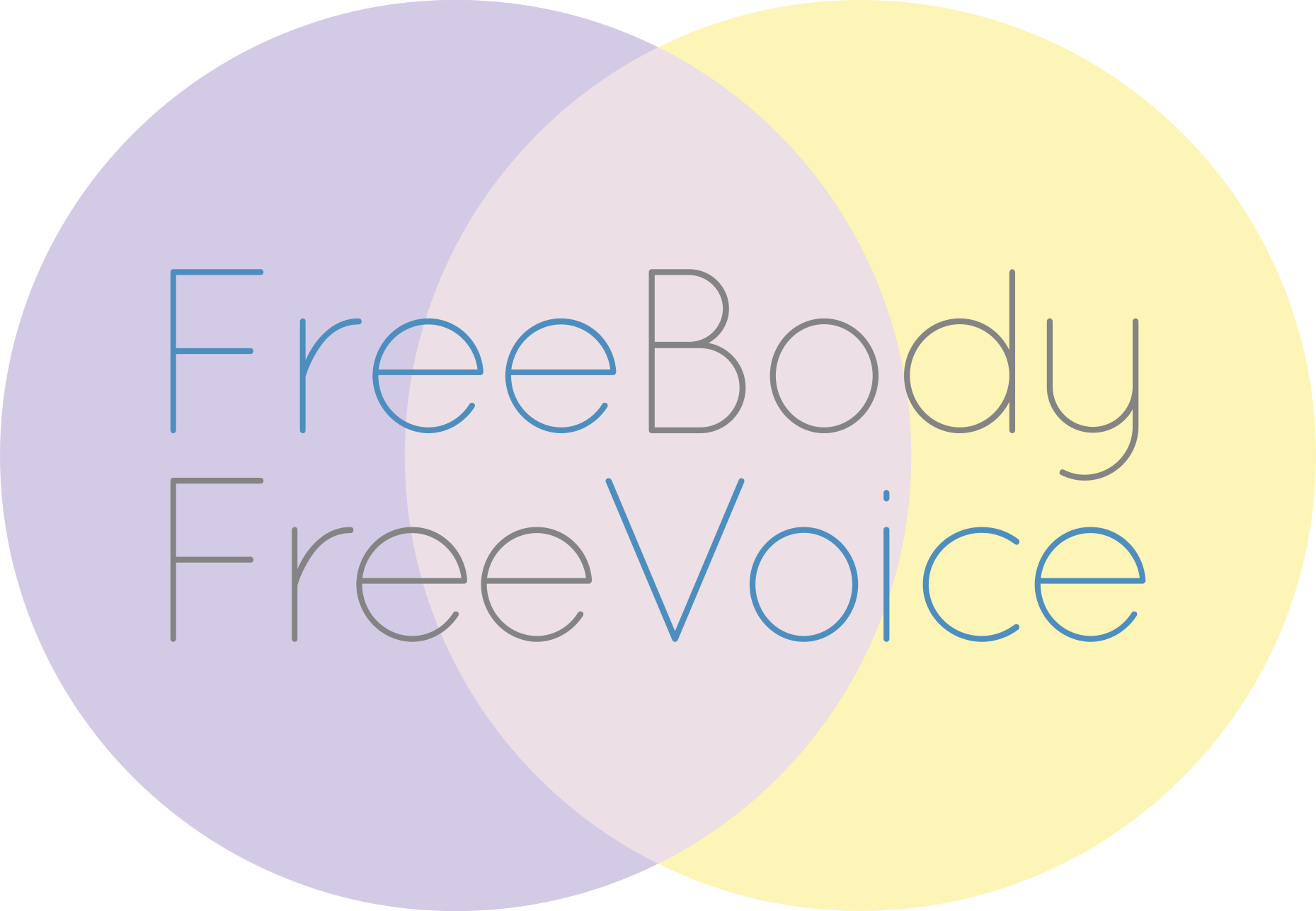Is awareness enough?
Have you ever driven a car on a twisty road? For each turn in the road, you had to calculate the angle of the road, then, after a brief inner dialogue, figure out how to adjust the steering mechanism so that the angle of the wheels kept your vehicle in your lane. If you came overly close to the edge of your lane, you spent the next couple of miles thinking of what a terrible driver you are and making plans about how to never have that happen again. If you were on a familiar road, you would coach yourself as each turn approached: "Here comes the big turn to the right...don't mess it up!"
Or maybe you are an enlightened driver. (Most of my blog readers are.) In that case, you just gently include the road in your awareness and somehow your brain processes the many terabytes per second of incoming data and your hands effortlessly and without a single error turn the steering wheel, keeping you steadfastly along your intended path. This system of biofeedback—sensory data in, steering out—works so reliably that you can listen to music or carry on a conversation or sip coffee while you drive. And this built-in system (it's part of being a human) is well-equipped to deal with surprises: if a dog runs into the road or a pothole looms ahead, your brain, without skipping a beat, adjusts your speed and direction to avoid the hazard. All you have to "do" is pay attention to your environment.
Did you realize that this same biofeedback system is available for any activity—including singing? If you pay attention to the data coming in—the sound of your voice, the feelings in your throat and other parts of your body, your conductor and audience—your brain will adjust every aspect of your voice to be perfect for the situation. (Up to your current level of skill, which is probably higher than you think.) Every aspect: pitch, volume, timbre, register balance, vibrato, etc.
The system works infallibly unless you derail it with judgmental thinking. Judgment indicates to your brain that you're going off auto-pilot and wish to adjust your mechanism manually, much like the driver in the first paragraph above. Here’s a suggestion for your next practice session. You can compare your results when using the judgment/manual system vs. the automatic biofeedback system:
Sing a passage, listening to judge. Identify notes that are somehow deficient (out of tune, ugly tone, too loud or soft) and those that are good. Adjust your mechanism to avoid continuing the faults. Now repeat the passage, listening with non-judgmental awareness to gather data. That's all—you don't have to do anything about what you're hearing. Trust that your brain will take care of all necessary adjustments. (If you haven't used this biofeedback possibility in a while, it may respond tentatively at first.)
If you feel so inclined, please feel free to share your discoveries in the comments below.
Happy Exploring!
